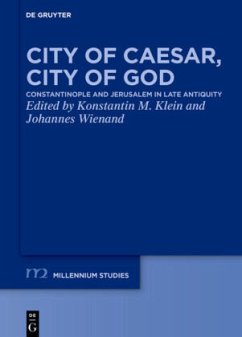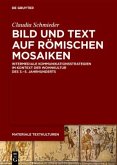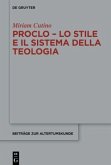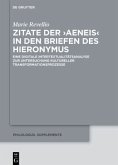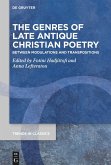When Emperor Constantine triggered the rise of a Christian state, he opened a new chapter in the history of Constantinople and Jerusalem. In the centuries that followed, the two cities were formed and transformed into powerful symbols of Empire and Church. For the first time, this book investigates the increasingly dense and complex net of reciprocal dependencies between the imperial center and the navel of the Christian world. Imperial influence, initiatives by the Church, and projects of individuals turned Constantinople and Jerusalem into important realms of identification and spaces of representation. Distinguished international scholars investigate this fascinating development, focusing on aspects of art, ceremony, religion, ideology, and imperial rule. In enriching our understanding of the entangled history of Constantinople and Jerusalem in Late Antiquity, City of Caesar, City of God illuminates the transition between Antiquity, Byzantium, and the Middle Ages.

